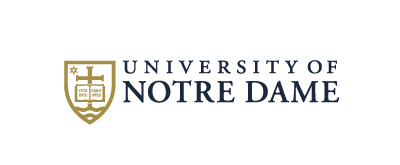The University of Notre Dame serves as a powerful economic engine for the South Bend-Elkhart region, generating a substantial $3.3 billion in annual economic impact and supporting 21,000 jobs. This contribution is driven by various factors, including the university’s extensive research activities, which received $216 million in investments in fiscal year 2023 – with 56% of this funding coming from federal resources. Additionally, the IDEA Center at Notre Dame supports all commercialization and entrepreneurial activities at the university and across the surrounding region. Since 2017, the center’s regional startups have collectively raised more than $70 million in investments and a reported $35 million in sales. In FY2024, Notre Dame made 66 invention disclosures, filed 14 new patents, and executed seven new licensing agreements. Industry Labs is Notre Dame’s platform for collaboration with regional industry. Since 2019, Industry Labs has collaborated with 81 companies on 247 projects, which are projected to have unlocked $120 million in new revenue, $15 million in new investments, 6,000 people to be trained, and 69 new products. In recent years, more than 25 Notre Dame-affiliated companies in the region have won Small Business Innovation Research awards from several federal agencies – including the Department of Defense, National Science Foundation, and the National Institutes of Health, totaling over $9 million.



